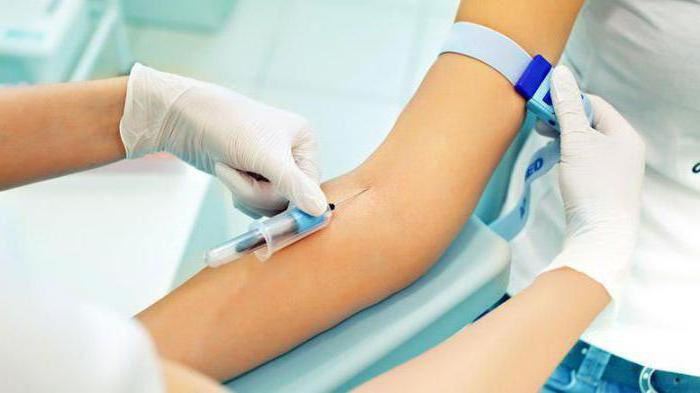Unlock Your Career: The Complete Guide to Phlebotomy Certification in Seattle
Are you looking for a rewarding career in the healthcare industry? Phlebotomy is an essential skill, and getting certified in Seattle can open doors to a promising future.This comprehensive guide covers everything you need to know about phlebotomy certification in the Emerald City, including training programs, certification requirements, career opportunities, and practical tips for success.
What is Phlebotomy?
Phlebotomy is the practise of drawing blood from patients for medical testing, blood donations, or transfusions. As a vital part of the healthcare community, phlebotomists play a crucial role in patient care and diagnostics. With the demand for skilled phlebotomists on the rise, pursuing a certification in this field offers numerous career benefits.
Why Choose Phlebotomy in Seattle?
- High Demand: Seattle’s booming healthcare sector has a growing need for qualified phlebotomists.
- Competitive Salaries: Certified phlebotomists can earn a competitive salary, significantly increasing with experience.
- Diverse Work habitat: Opportunities exist in hospitals, clinics, laboratories, and blood donation centers.
Getting Started: Phlebotomy Certification Requirements
1. Educational Prerequisites
To pursue phlebotomy certification in Seattle, candidates typically need a high school diploma or GED. Some programs may require you to complete courses in basic science and health.
2. Training Programs
Several institutions in Seattle offer phlebotomy training programs. These programs usually consist of both classroom instruction and hands-on clinical practice. Below is a table listing some of the top phlebotomy training programs in Seattle:
| Program Name | Institution | Duration | Cost |
|---|---|---|---|
| Phlebotomy Technician Program | Seattle Central College | 8 weeks | $1,200 |
| Phlebotomy Certification Course | Pima Medical Institute | 10 weeks | $1,500 |
| Certified Phlebotomy Technician Program | Everett Community College | 6 weeks | $1,000 |
3. Certification Exams
After completing your training,you will need to pass a certification exam. Some of the most recognized certification organizations include:
- National phlebotomy Association (NPA)
- American Society for Clinical Pathology (ASCP)
- National Healthcareer Association (NHA)
These organizations provide a structured pathway for certification and often require a certain number of blood draws as part of your training and exam prerequisites.
Benefits of Becoming Certified in Phlebotomy
- Enhanced Job Opportunities: Certification enhances your resume and opens doors to positions that require accredited credentials.
- Higher Earning Potential: Certified phlebotomists may earn significantly more than their non-certified counterparts.
- Professional Growth: Gaining certification can lead to further educational opportunities and career advancements in healthcare.
Practical Tips for Success as a phlebotomist
- Practice, practice, Practice: Gain as much hands-on experience during training as possible.
- Stay Updated: Attend workshops and seminars to keep your skills fresh and learn about new techniques.
- Cultivate Soft Skills: Develop excellent communication and patient care skills to enhance your interactions.
Real-Life Experiences: Phlebotomy Professionals in Seattle
Here are the stories of two Seattle-based phlebotomists who have unlocked their careers:
Case Study 1: Sarah – From Student to success
After completing her certification at Seattle Central College, Sarah landed a job at a local hospital, where she quickly moved up the ranks to become the lead phlebotomist. Her commitment to patient care and the importance of building rapport with patients became her formula for success.
Case Study 2: Mark – Embracing Challenges
Mark initially struggled with the clinical aspects of phlebotomy during his training. Though, his determination to improve through extra practice led him to excel in his certification exam. He’s now a valued phlebotomist who enjoys teaching new recruits.
Job Opportunities for Certified Phlebotomists in Seattle
The job market for phlebotomists in Seattle offers various opportunities, including:
- Hospitals
- Outpatient clinics
- Laboratories
- Blood donation centers
- Research institutions
According to the Bureau of Labor Statistics, phlebotomists can expect a job growth rate of 22% over the next decade, indicating a promising future for those entering the field.
Conclusion
Phlebotomy certification in Seattle provides an exciting pathway to a fulfilling career in healthcare. With the right training, certification, and skills, you can unlock numerous job opportunities and enjoy a fulfilling career. Whether you’re motivated by helping others, seeking job stability, or pursuing advancement opportunities, phlebotomy could be your next big step.Don’t hesitate—take the leap into this rewarding field today!
